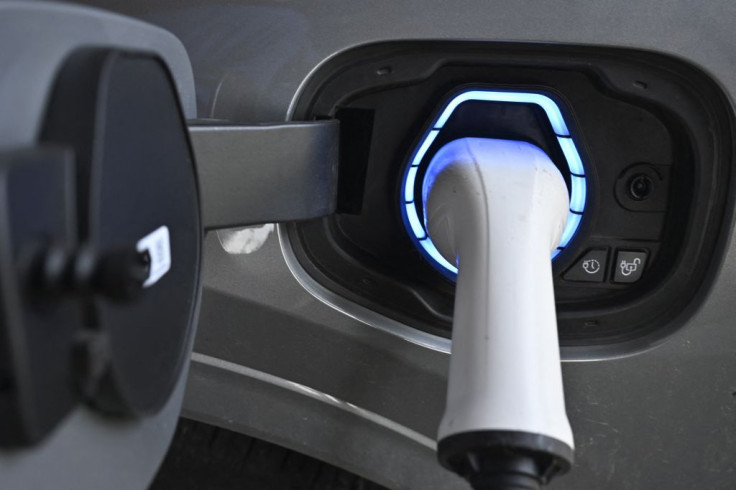
The U.S. has issued more than $2 billion in point-of-sale tax credits to consumers for the purchase of over 300,000 clean vehicles since January 1 as part of its efforts to accelerate the clean energy transition.
The U.S. has seen a substantial surge in electric vehicle (EV) adoption since new tax credit rules took effect this year. Out of 300,000 plus advance payments that have been issued, more than 250,000 are for tax credits related to new EVs valued up to $7,500 and around 50,000 for used vehicles with rebates of up to $4,000, the U.S. Treasury reported.
The Treasury highlighted that owners of EVs can save an average of $1,750 annually on fuel and maintenance expenditures, resulting in savings of up to $21,000 over a car's 15-year lifespan.
The rebate that benefited more than 300,000 car purchasers will save them $525 million yearly on average constituting $6.3 billion throughout the vehicles' lifetimes.
The 2022 Inflation Reduction Act improved the incentives for EVs, increasing affordability. The inclusion of used EV tax credits and point-of-sale refunds, the removal of the 200,000-car manufacturer cap, and the expansion of credit availability to leased vehicles are some of the major elements, Reuters reported.
The U.S. saw around sales of 1.5 million passenger clean vehicles in 2024, including battery electric, fuel cell, plug-in hybrids and it is the highest annual total ever, and represents a 50% year-over-year increase from 2022.
The Act allowed the transfer of the 30D clean vehicle credit of up to $7,500 and 25E previously owned clean vehicle credit of up to $4,000 to registered dealers, giving consumers a significant upfront discount. This allows buyers to receive the rebate at the point of sale, rather than having to claim it when filing their taxes.
"The Biden-Harris Administration's Inflation Reduction Act is lowering upfront costs for electric and plug-in hybrid vehicles, saving Americans more than $2 billion since January. These savings are giving consumers new choices and helping automakers and dealers to attract new customers and grow their businesses," Treasury Secretary Janet Yellen said.
The Treasury noted that despite geographic variance in gas and electricity costs, fuel costs per mile are substantially lower for electric vehicles than gas-powered vehicles. For example, as of June 2024, for a set of cars with both electric and gas-powered versions, the average gasoline cost per 1000 miles is $120, twice as much as the $60 cost for electricity for the same number of miles run on electric power.
Maintenance costs are typically 40% lower for EVs than for gas-powered cars. According to the report by Energy Innovation: Policy & Technology, vehicle maintenance costs are assumed to be roughly $0.06 per mile for EVs and $0.10 per mile for gas-powered cars, due in part to expenditures on engine oil, transmission service, spark plugs, and engine filters.







